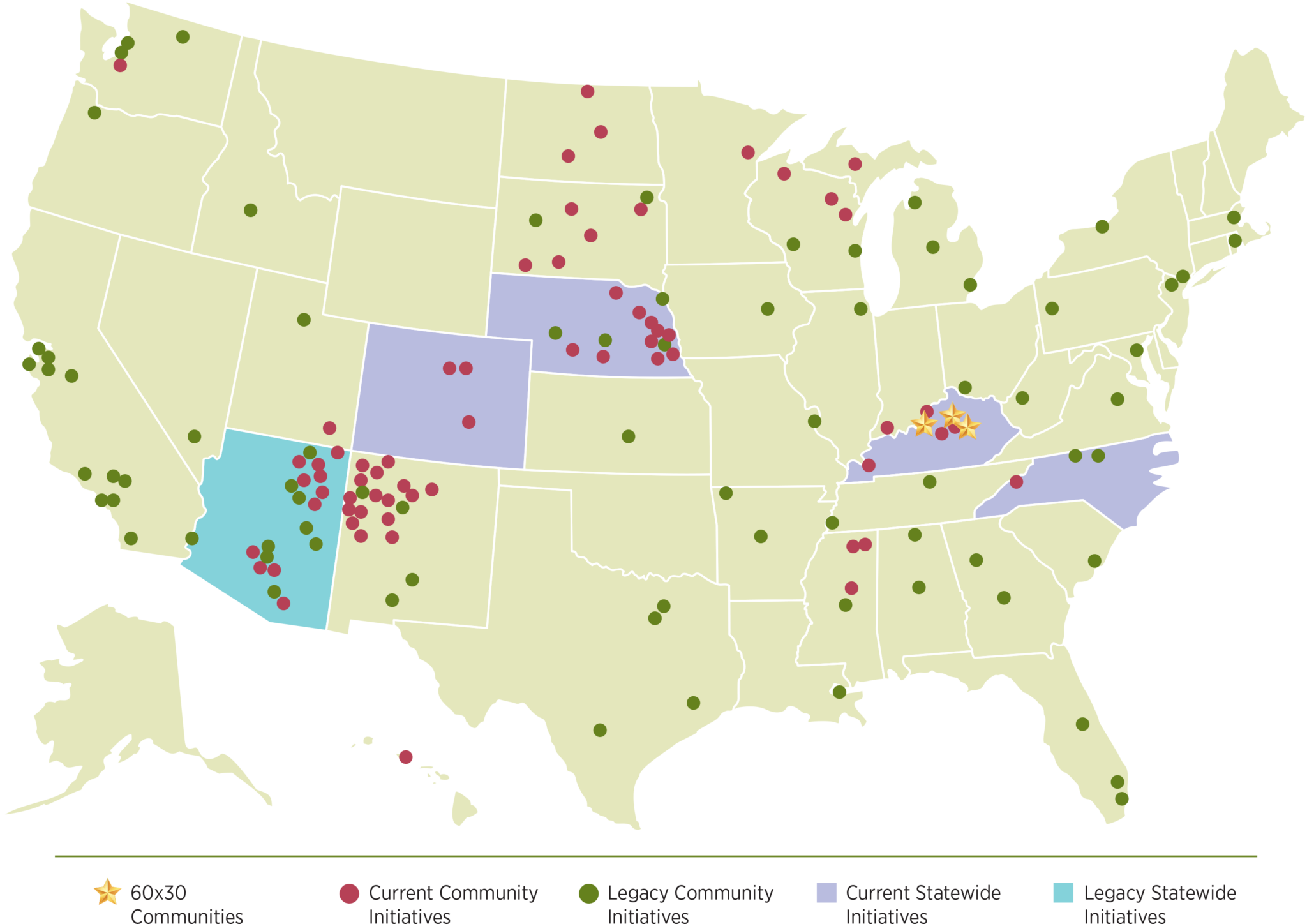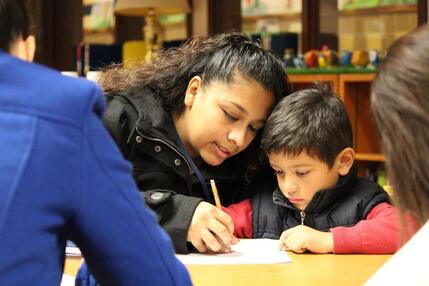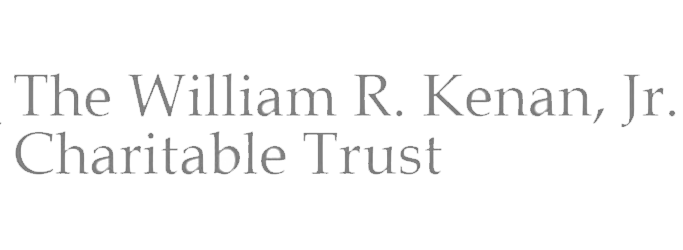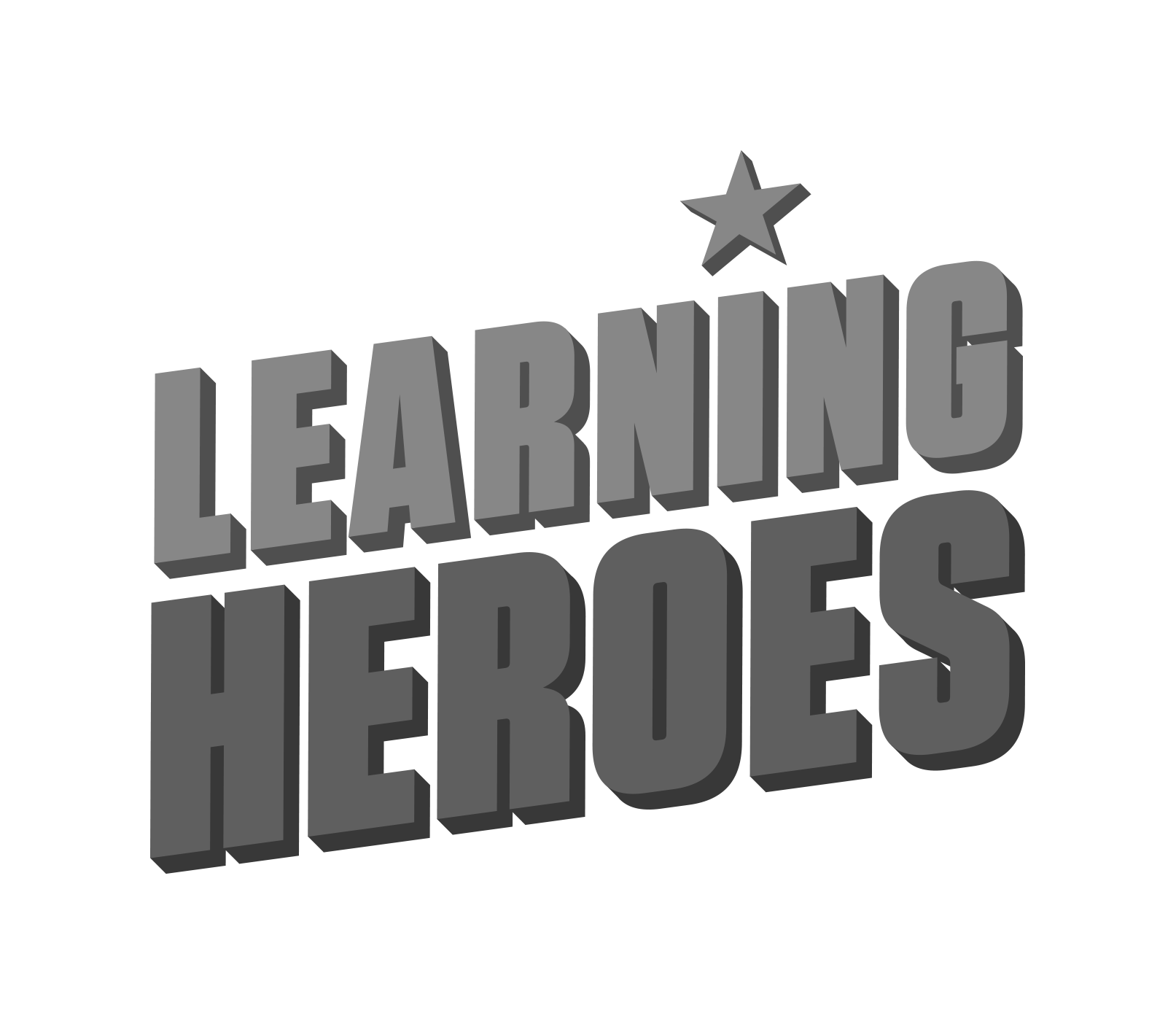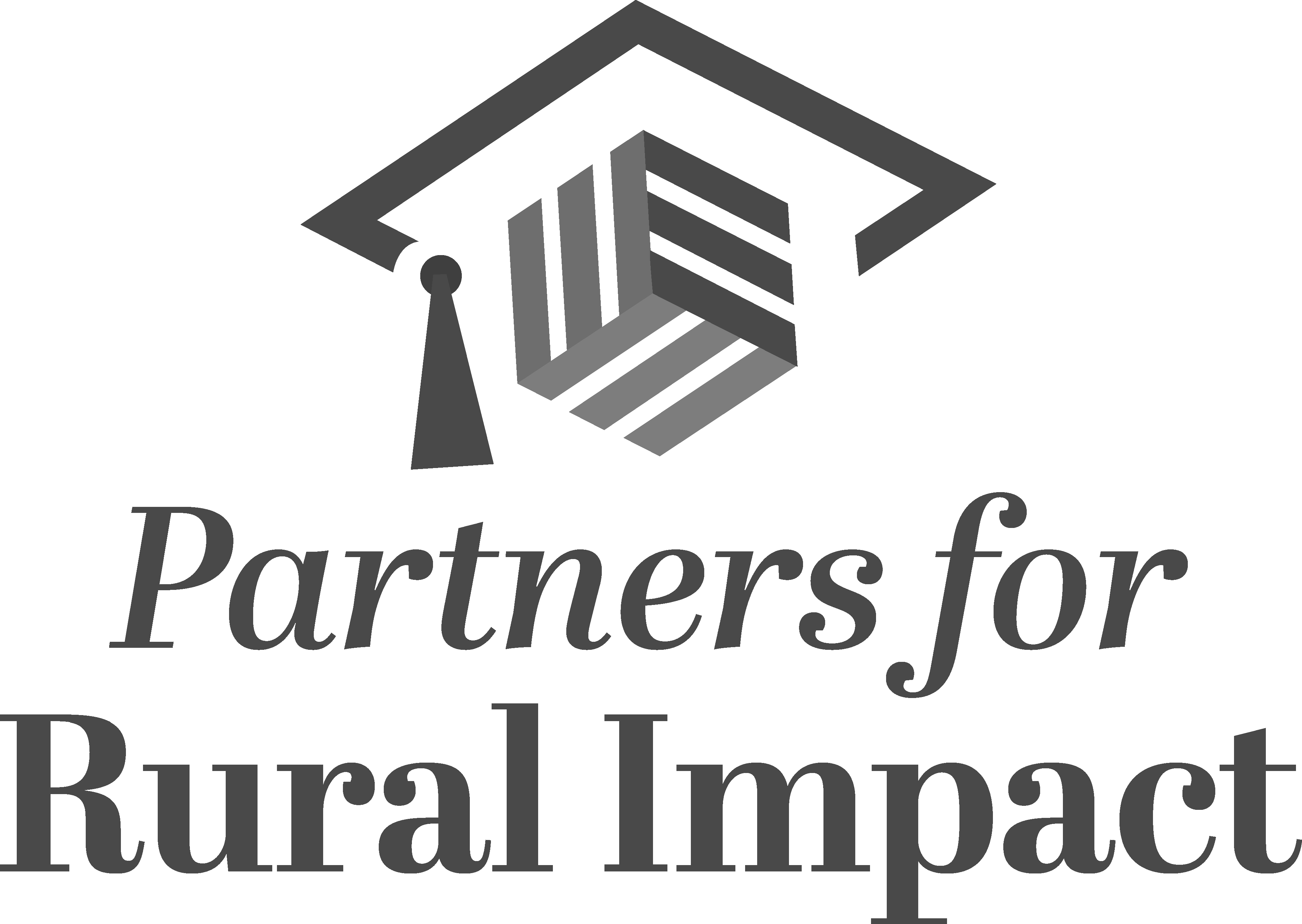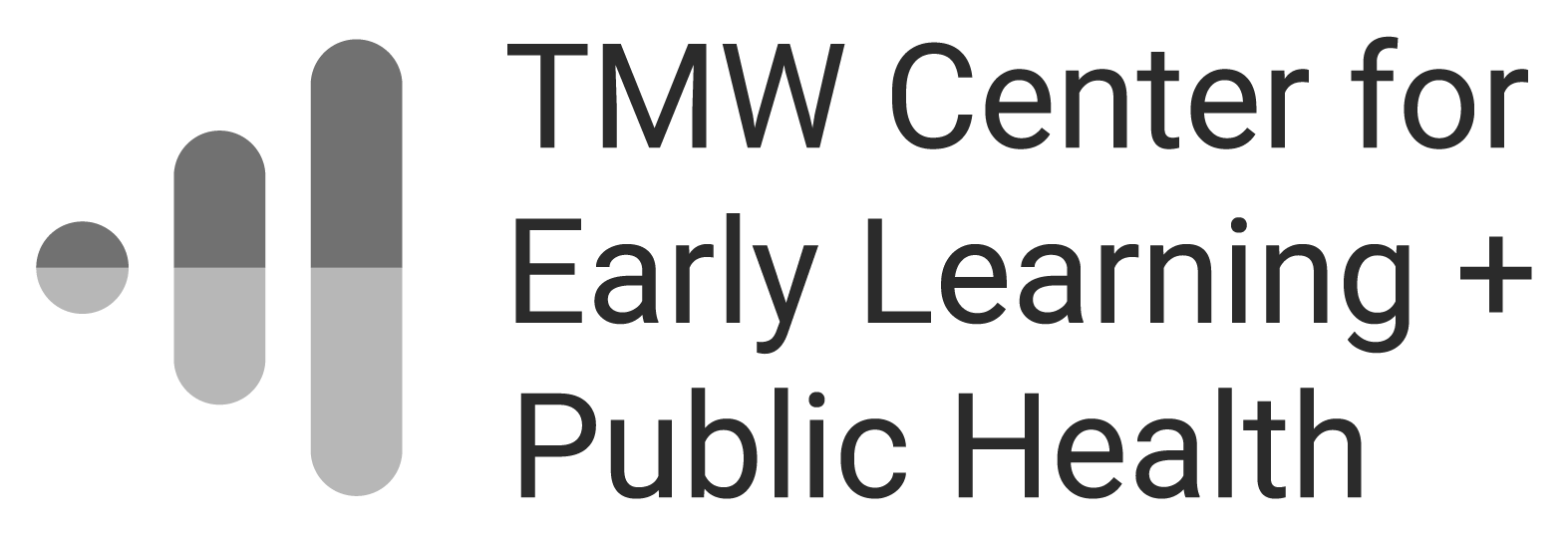Creating more equitable communities by working together with organizations, institutions, and families to increase educational and economic outcomes.
“Working with our community partners, which include NCFL, we have developed a toolbox of strategies to better engage all of our families. As a school that primarily serves minority families, it is critical that we develop the capacity of our school staff and families in order to engage as partners that advocate and support the academic and social-emotional well-being of all our students. Family engagement is not something that Grace James staff does to families, but something that we are developing and cocreating as a team in order to work together to ensure the mission and vision is attainable for all children.”


